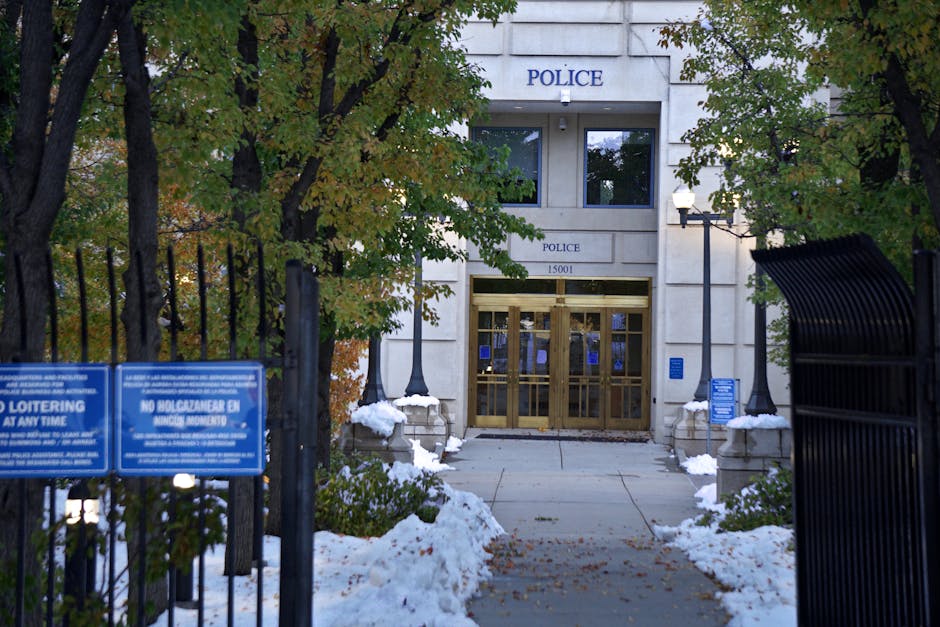Moroccan Consulate Fraud: Three-Year Sentence as Second Suspect Faces International Arrest Warrant

A Moroccan court has sentenced a consular official to three years in prison for his role in a multi-million dirham embezzlement scheme at the country's consulate in Dubai, while the primary suspect remains at large with an Interpol Red Notice issued for his arrest. The case highlights vulnerabilities in diplomatic financial oversight and cross-border law enforcement coordination.
The convicted official was ordered to reimburse more than 45 million dirhams (approximately $4.5 million) to the Moroccan Ministry of Foreign Affairs, though the full extent of the financial manipulation may be greater as investigators continue their search for the alleged mastermind who fled the United Arab Emirates.
Background and Context
The fraud came to light following an internal audit that revealed years of systematic embezzlement at the Moroccan Consulate in Dubai, according to reports in the Moroccan daily Assabah. Digital records examined by auditors showed significant discrepancies in consular fee collections, prompting Morocco's Foreign Minister Nasser Bourita to dispatch a fact-finding mission to the Gulf state.
The mission confirmed serious financial irregularities, leading the foreign ministry to file a formal complaint with the Public Prosecutor's Office in Rabat, which oversees financial crimes cases. The investigation revealed a sophisticated scheme that allegedly involved the systematic diversion of consular fees over an extended period.
Key Figures and Entities
Two officials were identified as central to the embezzlement scheme. The first, who was arrested upon returning to Morocco after being summoned by central authorities, received the three-year sentence. Court records show he attempted to shift responsibility entirely to his colleague during both questioning and trial proceedings.
The second suspect, described by investigators as the primary orchestrator, fled the UAE before authorities could apprehend him. The International Criminal Police Organization (Interpol) has since issued an arrest warrant seeking his location and extradition to Morocco. The fugitive has not re-entered Moroccan territory, according to judicial records.
Legal and Financial Mechanisms
The case was handled by the regional branch of the judicial police in Rabat, following directives from the Public Prosecution. Investigators employed digital forensic analysis to trace the flow of misappropriated funds through consular financial systems. The convicted official was confronted with inspection reports and evidence directly linking him to the collection and diversion of consular fees.
Under Moroccan law, the official was found guilty of embezzlement, misappropriation of public funds, and forgery. The court's sentence includes both imprisonment and financial restitution to the state treasury. The judgment remains partially pending, with final resolution contingent on the arrest and prosecution of the primary suspect.
International Implications and Policy Response
The case underscores ongoing challenges in maintaining financial oversight of diplomatic missions abroad. Consular operations worldwide handle substantial fee collections for visas, document authentication, and citizen services, creating opportunities for financial misconduct when adequate controls are lacking.
The use of Interpol's Red Notice system reflects the international community's recognition of diplomatic fraud as a transnational crime requiring coordinated response. However, extradition processes can be complicated by diplomatic considerations and varying legal frameworks between nations, potentially delaying or preventing justice in cross-border cases.
Sources
This report draws on court documents from the Moroccan judiciary, reporting by Assabah newspaper, and information from the International Criminal Police Organization. Additional context was provided by official statements from Morocco's Ministry of Foreign Affairs and the Public Prosecutor's Office in Rabat.





